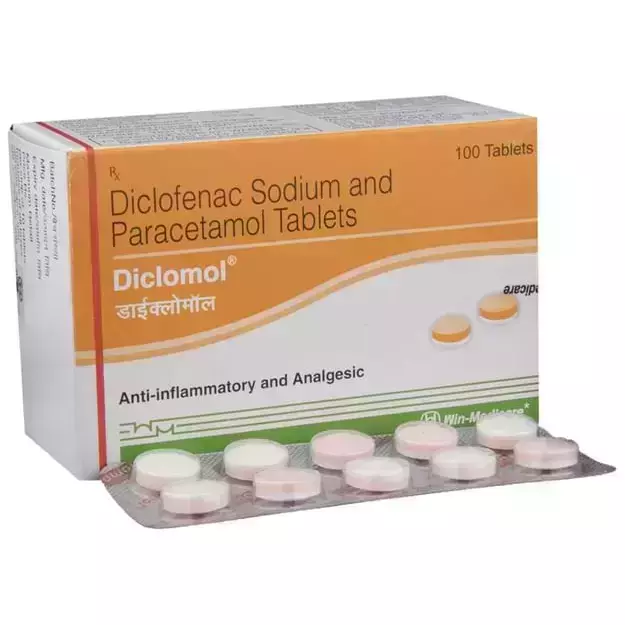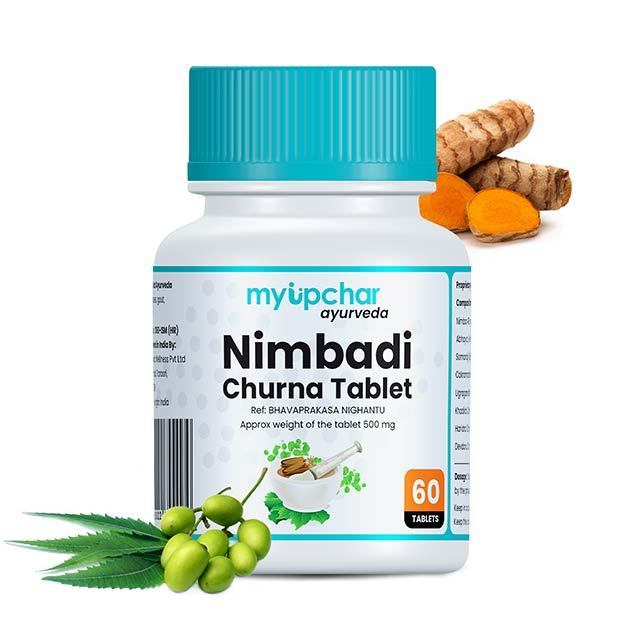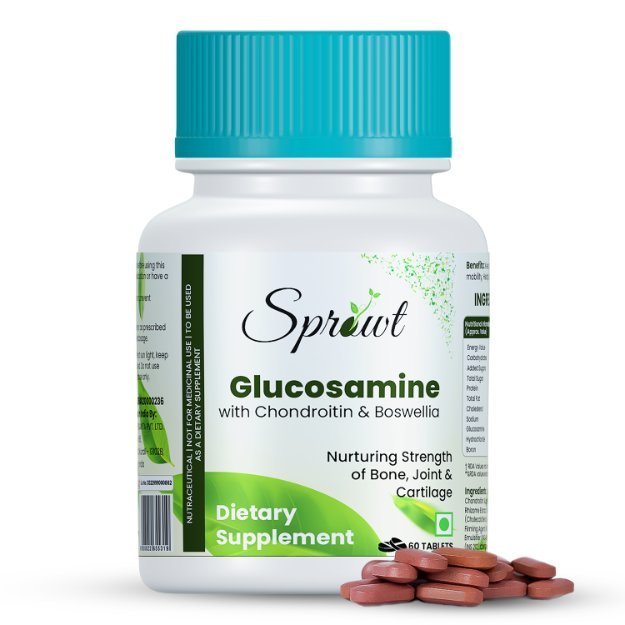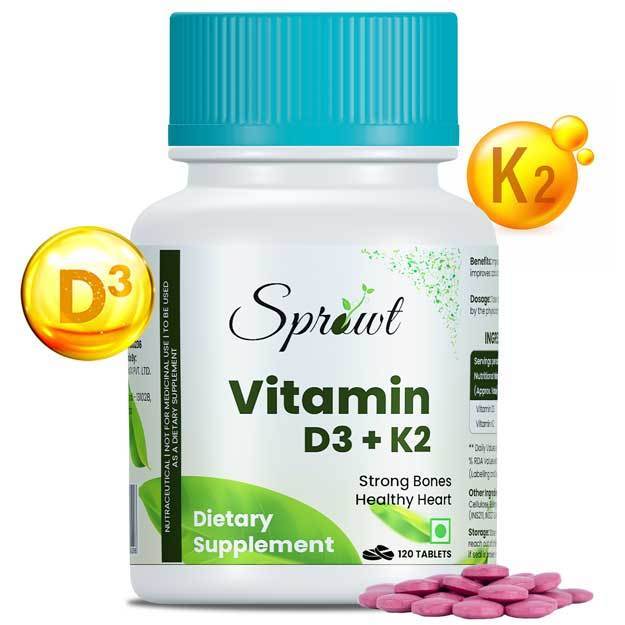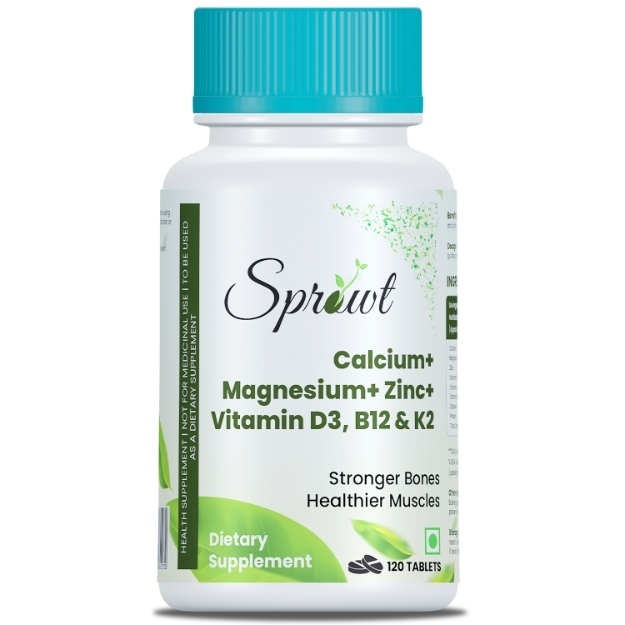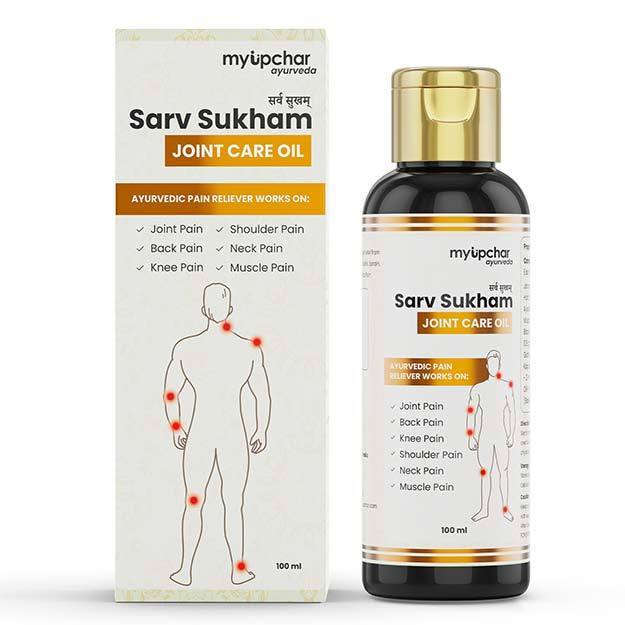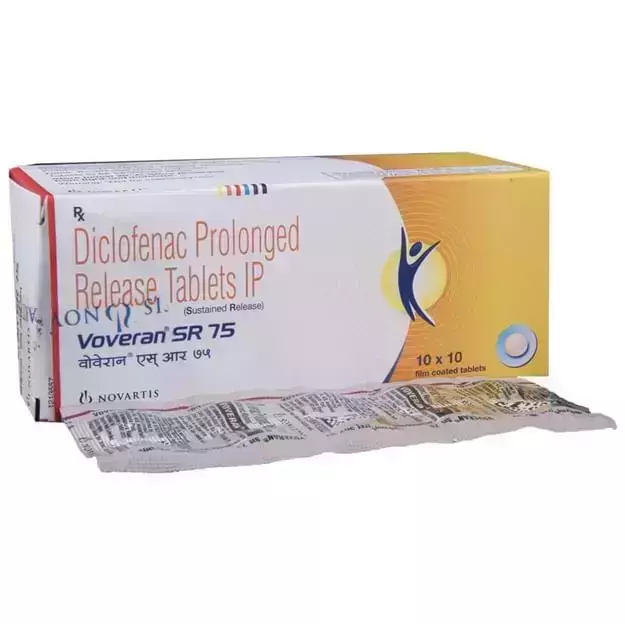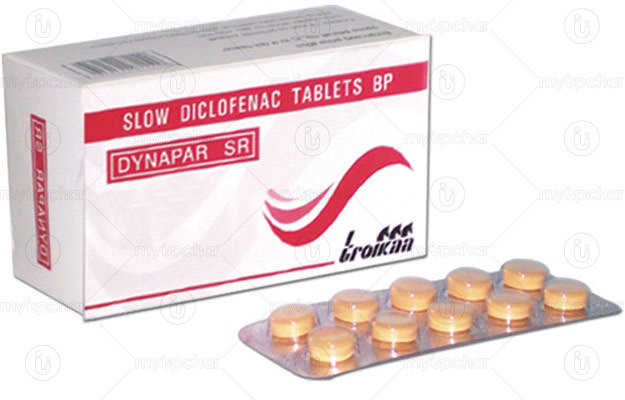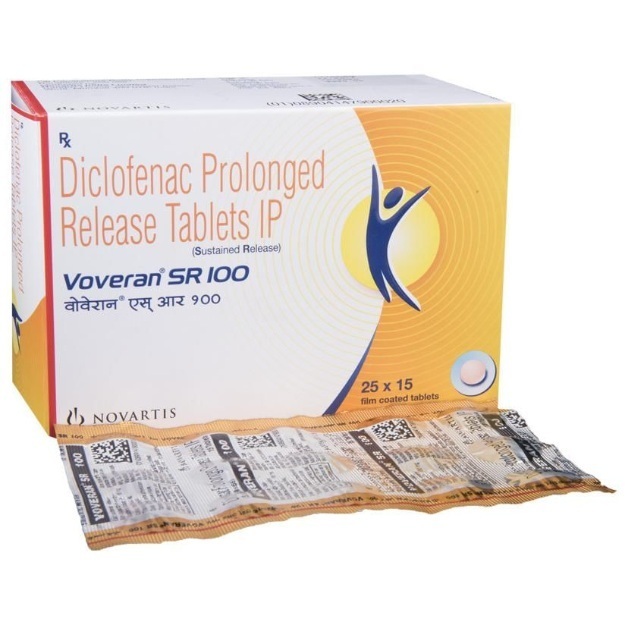Cofenac is a prescription drug, available for use as Tablet. It is primarily used for the treatment of Muscle Pain, Toothache, Rheumatic Pain. Cofenac also has some secondary and off-label uses. These are listed below.
Medical history of the patient along with age and gender determines the dosage of Cofenac. The condition it has been prescribed for, and the route of administration also determine the right dosage. For detailed information on this, read through the dosage section.
Besides the aforementioned side effects, there are other adverse effects of Cofenac as well, which are listed below. Usually, these side effects of Cofenac go away soon, and do not persist beyond the duration of the treatment. Please speak with your doctor if these side effects worsen or persist for a longer duration.
Furthermore, you should know that effect of Cofenac is Severe for pregnant women and Mild for women who are breastfeeding. In addition, Cofenac's effects on the liver, heart and kidney are discussed below in the Cofenac related warnings section.
Cofenac can cause adverse effects in certain medical conditions. It is strongly recommended to avoid Cofenac in conditions like Stomach Infection, Skin Rash, Stroke. Other conditions have been mentioned below in the Cofenac contraindications section.
Additionally, Cofenac may also adversely react with other medicines. See below for a complete list.
Along with the above-mentioned precautions, remember that taking Cofenac is considered safe while driving, and is addictive.
X

